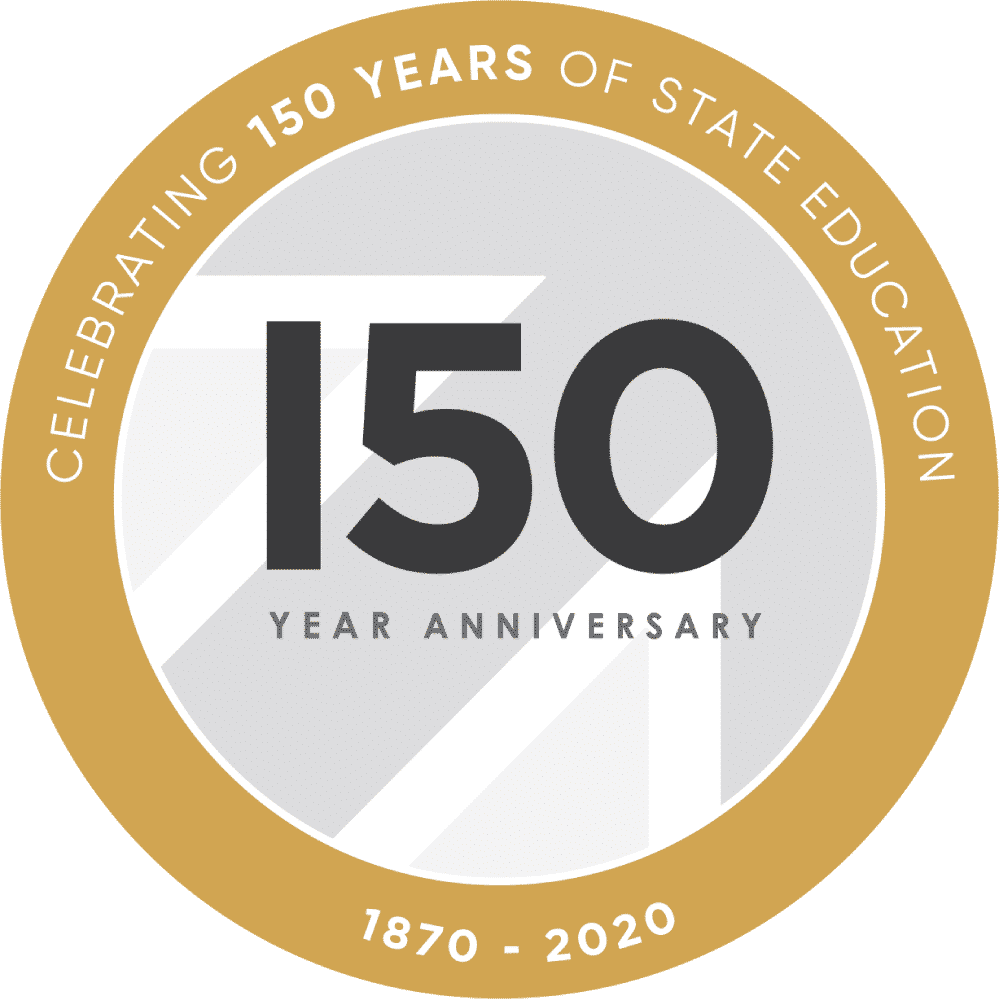In this blog, Neil Birch reflects on the lessons he gained from participating in FED’s virtual roundtables in June.
Neil has many roles, including Chair of the National Board of the Schools Cooperative Society and Cooperative Schools Network, the Executive Headteacher of The Beacon Folkestone, Lead Professional of KsENT, (Kent SEN Trust), a cooperative trust of all 26 of Kent’s special schools. As an NLE, Neil is a committed systems leader who works with mainstream and special school colleagues to truly embed school-led support and improvement at the heart of the education system.
The FED is now offering the opportunity to attend series 2 of our roundtable discussions. From next week we will be running events (Tuesdays at 10:00 a.m.) on vocational education supported by NCFE.
These will be followed in October and November by further round tables addressing key issues in education. For details go to Fedspace. Our consultation on the need for a long-term vision and plan for education will be built on the feedback we get from these round tables.
CONNECTIVITY AND COOPERATION
When I was asked recently to join the Fed panel to reflect on our discussions around the essential cornerstones of any future education system, I was delighted that for me, a key recurring theme was a commitment from all contributors to the building of a system with connectivity and collaboration at its heart. As someone with a passionate commitment to co-operative education it was music to my ears!
Cooperation is simply, by dictionary definition, ‘the process of working together to the same end’. The national network of Cooperative Schools (CSNet) is a network built to support cooperative schools across the county to develop education with collaboration, accountability, equity, equality and democracy at its heart.
Whilst that sounds a simplistic (and noble) concept, as all school leaders are aware, it can prove hugely difficult to enact in the current educational landscape. We are so often placed in ‘non – cooperative’ (if not directly ‘competitive’) situations as school leaders and find ourselves driven by goals and targets that may, at times compromise those cooperative values.
Over the past few years, as a profession, we have run headlong down blind alleys of trying to compartmentalise, quantify and deconstruct school leadership, often taking models from industry in our desire to establish some form of public ‘credibility’. Steve Munby in the first Inspiring Leadership conference speech in 2014 (and retold in his wonderful book “Imperfect Leadership”) stresses the need for collective accountability and collaboration. He talks of “hard edged, formal collaboration that is outcome focused and holds each school to account but is also inclusive and collaborative”. He talks of the need for these virtues as opposed to any particular system of MATs, Federations, Trusts or partnerships.
I have to confess that at some points in the last 15 years of Headship to have, at times, been almost obsessional in my distrust of the Multi Academy Trust model! Through a deal of maturation and an evolution of the system, I have thankfully become less vitriolic in my oppositional stance! Good MATS like all good collaborations and cooperatives seek to “collaborate with others in strong and resilient structures to ensure that each child is a powerful learner and that adults have the opportunities to learn and develop as teachers and leaders”. (Leorra Cruddas)
The skill is to ensure we are not simply seeing our Multi Academy Trust system as a one size fits all solution to be parachuted into a school perceived to be in some form of difficulty. Cooperative education isn’t easy. It cannot be imposed on any group of schools, nor is it just ‘warm and fuzzy’ education with focus on values not outcomes. It’s a structured framework for improving student outcomes through a mutual commitment to each other and the young people we serve. As such, the formal modelling falls away in importance and the essence of an effective school system comes to the fore.
It is clear that, at regional and local levels, education needs to support the development of socially cohesive communities. It needs to be rooted in context and community rather than policy and politics. For me, we must all change the narrative, change the language and change our purpose. We need a narrative around the high impact of groups of schools working in collaboration to improve educational standards and life chances for the benefit of all learners. We do not need a narrative around accountability and competitive comparison
Our current education system has so many of the right building blocks in place but is undermined, in my view, by a lack of trust. That is a lack of trust from politicians and policy makers in our school system, our school leaders and our ability to drive forward change.
Through our Fed debates, there are 2 key themes for me
- Value all aspects of education.
To borrow a phrase from Simon Sinek. We need to lead humans not numbers. He was referring to leadership style and organisational culture but in this context, for me, it becomes about valuing all aspects of personal development alongside the ‘numbers’ of progress and attainment. Our current system values numbers
Covid has had the politicians and society as a whole openly valuing schools for the aspects of human development, social interaction, social and self-responsibility for the first time since I started teaching in 1988! Suddenly we are not just exam factories –but places that value to young people’s emotional and physical wellbeing, as being fundamental to developing social interactional skills and responsibilities, and where we are successfully advancing the very fabric of society
It’s a time to bring values led education to the fore.
- Value communities.
Lord Jim Knight spoke wonderfully at one session around the need for ‘big change’. One of his key messages was to “incentivise local partnerships”. Recognised by David Hargreaves in the development of the Self Improving School System back in 2010 “Increased decentralisation offers an opportunity for the school system to build on high quality school leadership and increased partnership working to become self-improving”.
Tim Boyes from Birmingham Education partnership spoke brilliantly about how building strong local collaborative structures works. He spoke about ‘identity creation’, developing strong local values and culture and how partner organisations build stronger communities together.
I completely understand that isn’t anywhere near as attractive a solution to a Regional Schools Commissioner looking for a quick fix to a ‘problem school’ but it is key to developing sustainable educational improvement
It has become clear through our sessions that two vital cultural elements underpin localisation and cooperation. These are i) structure to facilitate it happening ii) and desire to take ownership together for the success of the communities we serve.
By valuing communities, incentivising local collaborations between industry and education and between schools serving the same districts, we are able to bring about genuine change with education as a driver of social mobility.
So, for me –
- Allow schools to focus on the improvement of teaching and learning – through collaboration.
- Maximise the impact across local cooperatives or collaborative networks of schools – driven by a communal shared purpose and understanding of community context.
- Stop the constant monitoring to check on school quality, based on a notional framework that constantly changes, and instead focus on supporting area-based improvement and innovation.
- Give more control and responsibility to the local level in a spirit of mutual aid between school leaders and colleagues from industry, who are to quote Hargreaves again “morally committed to imaginative and sustainable ways of achieving more ambitious and better outcomes”
What have we got to lose?



